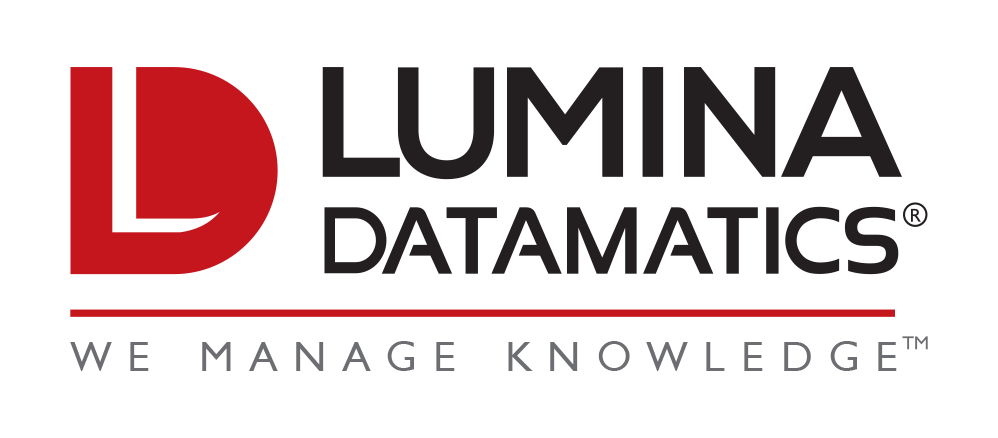2021 has ushered in a new era for copyright claims disputes—and those in the business of content (which is so many of us these days)—ought to pay attention.
In the waning hours of a grim 2020, while most Americans were focused on their anticipated additional stimulus checks thanks to the passage of another COVID-19 Relief Deal, those in the copyright industry were focused on the bill’s passage of two long-debated pieces of legislation that are expected to be just the beginning in a sweeping attempt to modernize intellectual property laws in the U.S.
Understanding the CASE Act
The first new law, known as the Copyright Alternative in Small-Claims Enforcement (CASE) Act, establishes the creation of a three-person Copyright Claims Board within the U.S. Copyright Office that will have the authority to settle copyright infringement disputes up to $30,000.00.
Proponents of the bill praise its creation of a claims process that enables smaller copyright owners, such as photographers, graphic artists, authors, bloggers and even small businesses, to bring claims of infringement against a third party without the heavy financial burden and stresses of initiating federal litigation. In most cases, the bill is touted as a means of fast tracking what is typically a long and laborious process for both parties. The bill also enables rightsholders to seek damages on multiple minor infractions without carrying the high legal fees of attorneys and court appearances every time, which is a major benefit for copyright owners dealing with frequent online instances of infringements of their content.
However, some critics are concerned about the law’s opt-out option, which effectively allows respondents to voluntarily dismiss any cases brought up against them. Others oppose the legislation altogether, arguing the small claims court will stifle free speech online and jeopardize First Amendment rights.
Understanding the Protecting Lawful Streaming Act
The second new law, known as the Protecting Lawful Streaming Act, targets pirated commercial usage of illegally streamed copyrighted material. The law changes the charges for copyright piracy for commercial gain from its current misdemeanor status to a felony. While this change in the law means copyright streaming pirates could face up to 10 years and major fines for committing these acts, the law itself is carefully written to target unlawful commercial gain from such piracy sites, not individual users streaming for personal use. It is an important law that commercial entities who have started streaming content online as a result of the COVID-19 pandemic will need to pay attention to, in order to ensure they are not streaming anything illegally and benefiting financially. Supporters of the law say it will provide credible sites with a course of action if they find their materials being pirated and streamed illegally.
Making Sense of It All
What does all this mean for companies in the business of sharing content online—and really, what company out there isn’t doing that today? It means it’s time to finally address that lingering, nagging conversation about everyone’s favorite topic: compliance.
Copyright compliance is something that should already be a standard part of every company’s risk management policy. Depending on a company’s line of business, the requirements for compliance will vary, but all employees should have some baseline understanding of how copyright law works, what constitutes copyright infringement, and how to prevent those actions from taking place in their day-to-day departmental operations.
Marketing teams, for example, should be guided to simple licensing options through company-provided sourcing strategies to ensure company promotional materials don’t include a random image found through a Google search. Social media teams must be educated on the complexities of social media content licensing rights and understand that seemingly mundane actions like resharing another’s content to your story on Instagram, reposting another’s tweet or post to your company’s web page, or even embedding content from a social media site via API may have legal ramifications. Directors or executives giving a speech at a major conference cannot pull together figures and images from wherever they please to present in their PowerPoint slides.
The golden rule: When in doubt, seek permission from the copyright holder.
In addition to educating staff on copyright and legal licensing of materials, companies seeking protection of their own copyrighted materials must concern themselves with their own privacy and security measures. The passage of these new laws is indictive of the vastness of the copyright pirating landscape on the internet—and when intellectual property is a major part of your business, protecting it is critical. Those new to the world of online streaming or sharing of content must ensure they have tools in place to keep their own materials from being pirated.
Establishing a copyright compliance policy in your workplace is more important now than ever before. Need assistance in developing a strategy in the year ahead? We want to hear from you! Email Lumina to talk to our team of experts, or visit our website to learn more about rights management solutions available through Lumina Datamatics.





0 Comments